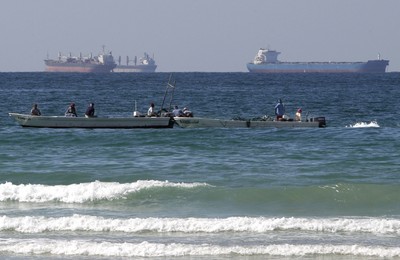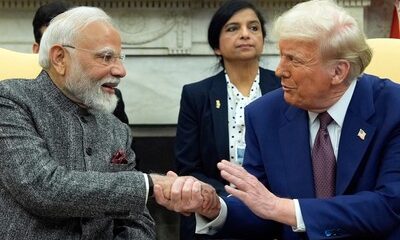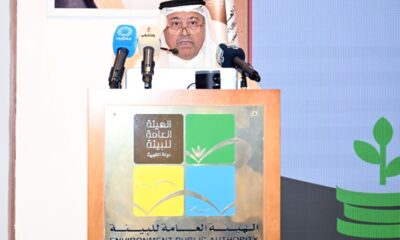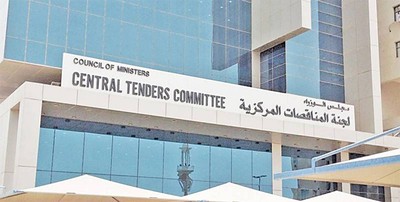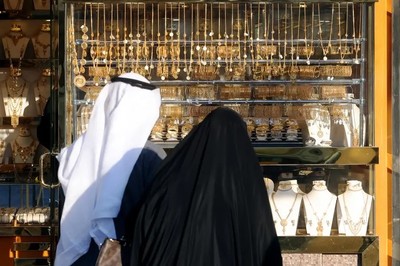NEW YORK, June 24, (AP): Oil prices are dropping further, and stocks are rallying worldwide on hopes that Israel’s war with Iran will not damage the global flow of crude, even if a tentative truce seemed to fray under fire in the morning.
The S&P 500 rose 0.7% Tuesday. The Dow Jones Industrial Average added 263 points, and the Nasdaq composite climbed 0.9%.
Oil prices fell more than 4% and are below where they were before the Israel-Iran conflict began. That could give the Federal Reserve more leeway to cut interest rates to help the economy, but its chair was circumspect in prepared testimony he’s set to give Congress.
Stocks rallied and oil prices fell Tuesday after U.S. President Donald Trump announced what appears to be a shaky ceasefire in the Israel-Iran war. The tentative truce proposed by Trump remained uncertain after Israel said Iran had launched missiles into its airspace less than three hours after the ceasefire went into effect.
It vowed to retaliate. Still, investors took heart after Trump said Israel and Iran had agreed to a “complete and total ceasefire” soon after Iran launched limited missile attacks Monday on a U.S. military base in Qatar, retaliating for the American bombing of its nuclear sites over the weekend.
“The Middle East may still be smoldering, but as far as markets are concerned, the fire alarm has been shut off,” Stephen Innes of SPI Asset Management said in a commentary.
The future for the S&P 500 gained 0.8% while that for the Dow Jones Industrial Average rose 0.7%. In morning trading Europe time, Germany’s DAX leaped 1.8% to 23,693.13, while the CAC 40 in Paris added 1.2% to 7,625.20. Britain’s FTSE 100 was up 0.3% at 8,784.68. Oil prices fell further, after tumbling on Monday as fears subsided of an Iranian blockade of the Strait of Hormuz, a vital waterway for shipping crude.
Oil prices have now given up almost all their gains since Israel attacked Iran on June 13, wiping out a roughly $10 per barrel risk premium based on the outside chance of a blockade at the strait.
The price of oil initially jumped 6% after trading began Sunday night, a signal of rising worries as investors got their first chance to react to the U.S. bombings. But it quickly shed all those gains, with U.S. benchmark crude falling 7.2%. It dropped further early Tuesday, giving up 3% to $66.49 per barrel. It had briefly topped $78. Brent crude, the international standard, shed 3% early Tuesday to $69.38.
That was just a few cents above where it traded on June 12 ahead of the Israeli attack on Iran. With the global oil market well supplied and the OPEC+ alliance of producing countries steadily increasing production, oil prices could be headed down, said Carsten Fritsch, commodities analyst at Commerzbank.
“The crucial question now is whether the ceasefire will hold and a lasting peace solution can be found,” he wrote in a research note. ”If so, a further fall in the oil price could be expected.”
At their next meeting July 6, ministers from eight OPEC+ countries are expected to add another 410,000 barrels per day of production.

 Latest News18 hours ago
Latest News18 hours ago
 Politics19 hours ago
Politics19 hours ago
 Latest News16 hours ago
Latest News16 hours ago
 Business18 hours ago
Business18 hours ago
 Politics17 hours ago
Politics17 hours ago
 Business19 hours ago
Business19 hours ago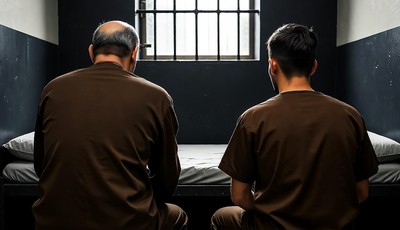
 Politics9 hours ago
Politics9 hours ago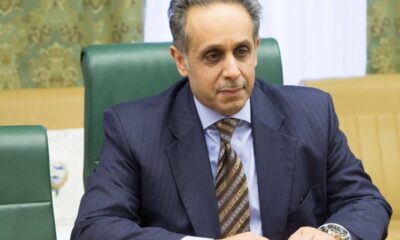
 Latest News14 hours ago
Latest News14 hours ago
